As guest expectations evolve, so too should the strategies hoteliers use to communicate with them. Understanding these changing expectations and valuing what guests want is the foundation of any communication strategy.
5 Crucial Guest Trends to Include in Your Hotel’s Strategy
Let’s delve into these expectations, explore how you, as a hotelier, can adopt strategies to meet them and understand the role of communication in achieving this. Here are the guest trends you need to be aware of.
1. The Taylor Swift Phenomenon
Taylor Swift had an impact on the hospitality industry, and it made everyone realize the power of event-based tourism.
The hotel industry knows that concerts can be one of the top catalysts for high occupancy nights and premium room rates but in 2023, there was no more doubt about it. Between March to December of 2023, Taylor Swift’s “The Eras Tour” added $98.2 million in room revenue to the U.S. hotel industry.
Sunday night concerts have had the greatest impact on occupancy thus far, rising from a low baseline of 54.0% to an average of 68.9% during Swift’s concert nights. Saturday concerts produced the highest actualized occupancy of 90.9%, up from a baseline of 81.0%.
How to Implement it into Your Strategy?
It is a reality that special events like concerts will be a good enough motive for people to take on holidays. So, make a plan! Take a look at the calendar, and leverage such events by offering special packages or services tailored to concert-goers.
Imagine offering a “concert package” that includes transportation to and from the venue, and special amenities like a pre-concert dinner or a post-concert breakfast. Or a special offer to those that have a ticket to the concert.
This attracts concert-goers to book with the hotel and also enhances their overall experience, making them more likely to return in the future or recommend the hotel to others.
This type of event presents an opportunity for hoteliers to boost their occupancy rates and revenues. Hoteliers can understand these trends and strategically position their offers; hotels can maximize the benefits they derive from such events.
2. Guest Self-Service
Self-service in hotels is when guests perform tasks traditionally performed by hotel employees, giving them more power over their stay. It can go from basic things like making a reservation using the hotel’s website booking engine to checking in online without any assistance or using a mobile app to order a meal.
In 2022, 40% of hoteliers reported using some type of self-serve option. Nearly three-quarters (73%) of travelers want to use their mobile devices to manage their hotel experience. This self-service trend helps guests access the information they need at their convenience, with no limitations regarding schedules or opening times.
How to Implement it into Your Strategy?
Your role as a hotel is to make it easier for them to get the information and enable self-service. For example, you can provide a guide to the key places to visit in the city through a guest app, in this way they don’t need to ask for any recommendations. You can include your most frequently asked questions (FAQs) in your guest app so they have it at their fingertips.
Allow for online check-in to happen in a breeze, and also implement check-out without need of any physical interactions. For guests who are into self-service, this will be a goldmine. While others will have the option to remain with traditional alternatives.
3. Leisure + Business = Bleisure
The blending of business and leisure travel is a significant trend in the hospitality industry. The global spending on bleisure trips is projected to increase by more than double between 2021 and 2027.
The rise of the work-from-home dynamics has led to mixing business with leisure travel. According to a study, 59% agree that traveling and exploring new places inspires them to be more productive at work.
Bleisure travel is typical with millennials, as 78% have purposefully carved out personal time during a business trip. And more than 80% of global business travellers combine work travel with exploring the city in which they are staying.
Hotels catering to bleisure travelers can offer additional hospitality services, like quiet and comfortable workspaces, high-speed wifi, unlimited coffee supply, and discounts to extend the stay.
Read also: 6 ways to fix your hotel’s email marketing
4. Wellness Tourism
Wellness tourism is booming, with the Global Wellness Institute predicting that this form of tourism will grow more than any other wellness sector, increasing by about 21% by 2025. The wellness tourism market size was valued at USD 814.6 billion in 2022 and is expected to expand at a compound annual growth rate of 12.42% from 2023 to 2030.
How to Implement it into Your Strategy?
By communicating specific wellness opportunities according to what they want during their journey. For example, offering a low-carb meal if they have that preference, spas and meditation spaces, a nutritionist or another expert who can guide them through a holistic stay.
You can create segmentations and target specific campaigns with these messages, all you need to do is understand which ones are right for each guest and use the right tools.
And how do you know what each guest wants explicitly?
You get to know your guests and what each of them would value. It may seem hard, but with the amount of data you have available about them, all you need to do is use it to understand who they are and what they want.
Over 80% of hoteliers recognise that technology is helping them to achieve their goals, and that is because with technology you can combine the right tools to gather and structure data and then use it to tailor the way you communicate with your guests.
By knowing your guests, you can personalise all the communication you have with them, both direct and indirect. This includes all the channels the guest has access to interact with you, with two main aspects to consider: where the guest finds and manages the information, and how they talk to you. A great tool for that is a CRM platform that will help you manage and analyze your data.
5. Flexibility
The hospitality industry is embracing flexible working practices. This includes part-time work, remote work, and flexible scheduling, which not only benefits the employees’ work-life balance but also the organisation and its capacity for resilience.
How to Implement it into Your Strategy?
One way to do this is by allowing guests to modify their bookings easily. This could mean enabling them to change dates, upgrade rooms, or even cancel their reservations without trouble.
Consider offering additional services to their booking. This could range from booking a spa appointment, reserving a table at your restaurant, or arranging for airport transfers, all in an easy way and according to the dates they need.
By making these interactions effortless, you enhance the guest experience. Remember, a happy guest is easier to turn into a returning guest!
Bring Value to Guests with the Right Tools
So, how can you build a strategy to meet all these trends that influence communication? Simple, you use the right tools.
With digital tools, you can easily customize your guest journey, automate all the campaigns, create multi-channel messages, and more. Not only you enhance the guest experience but also increase the number of upselling and cross-selling opportunities.
You can bring value to guests in a personalized way, making them want to come back and share their experiences with people they know.
Aligning with evolving guest expectations is essential. By leveraging trends like event-based tourism, self-service, and personalized AI-driven experiences, hoteliers can boost engagement, increase revenue, and ensure repeat bookings.
Free Guide: The Real Way to Recover Direct Bookings and Outcompete Others Long-Term
In this guide, you will find different strategies you can apply to answer the million-dollar question and increase your direct bookings, as well as an approach that will help you stay competitive in the long term. Because this is when you see the real results.
Click here to download the report “The Real Way to Recover Direct Bookings and Outcompete Others Long-Term“.
More Tips to Grow Your Business
Revfine.com is the leading knowledge platform for the hospitality and travel industry. Professionals use our insights, strategies, and actionable tips to get inspired, optimize revenue, innovate processes, and improve customer experience.Explore expert advice on management, marketing, revenue management, operations, software, and technology in our dedicated Hotel, Hospitality, and Travel & Tourism categories.

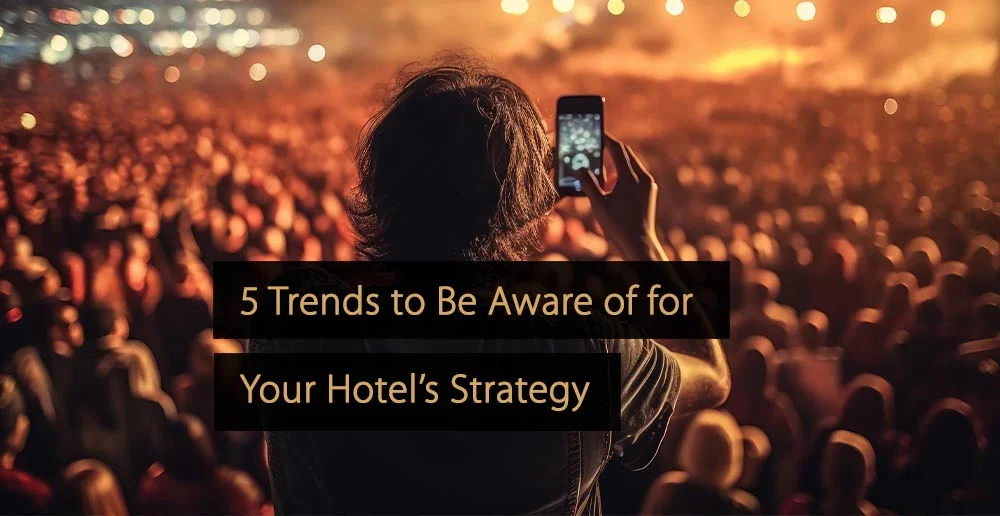
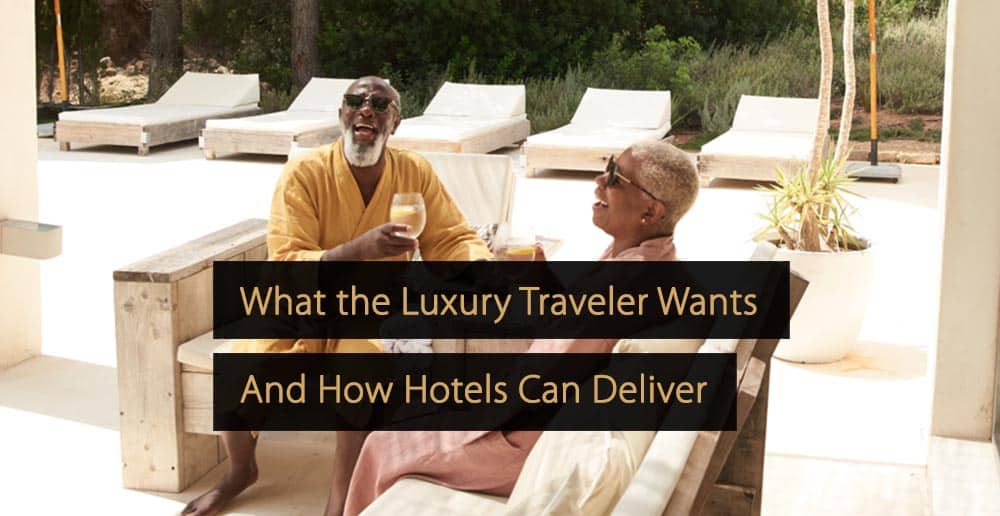

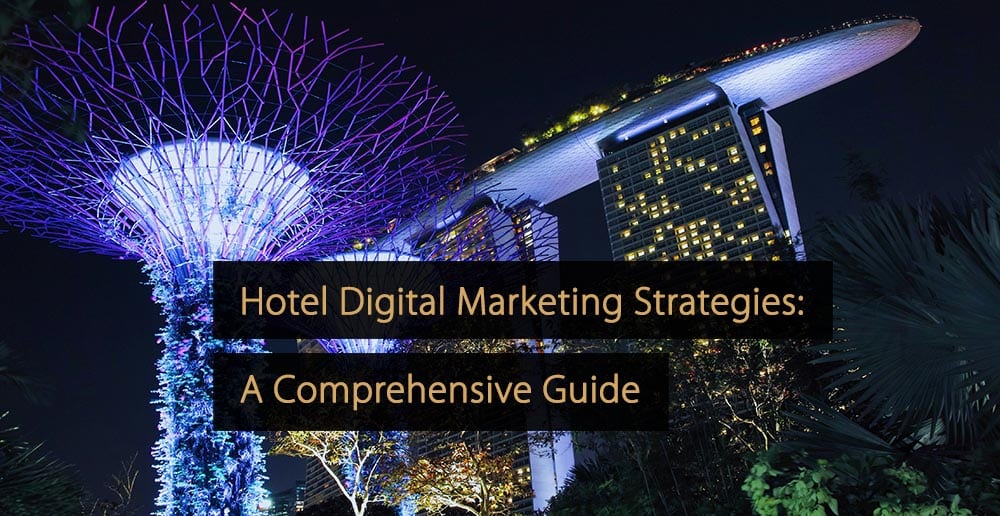
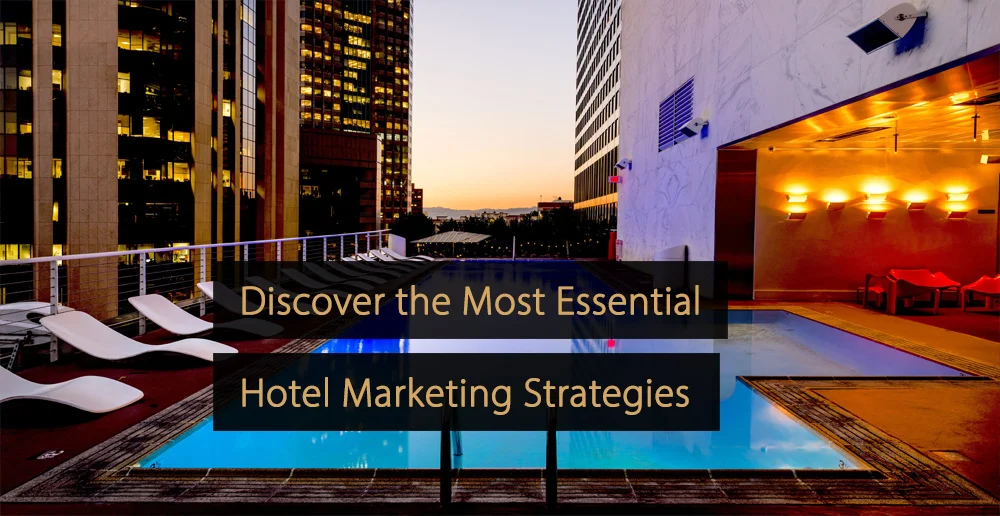

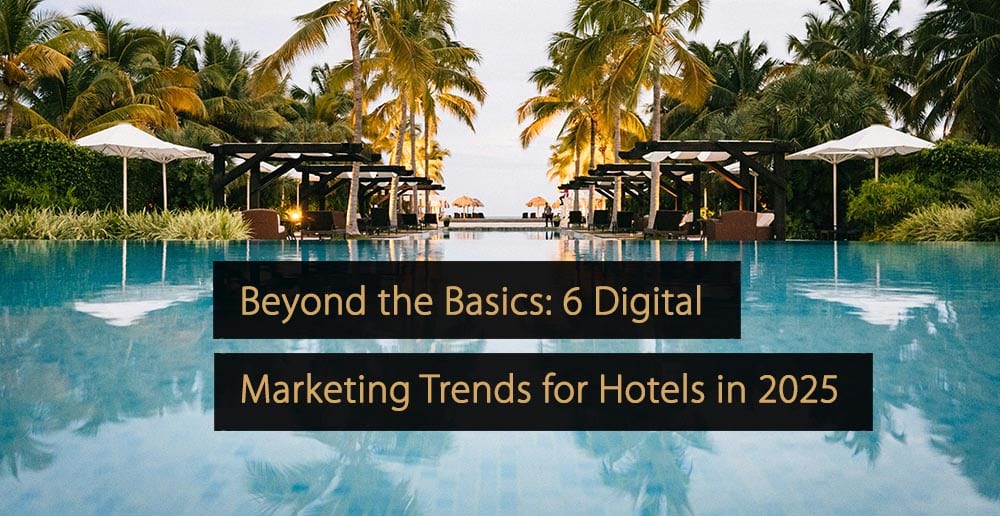
Leave A Comment